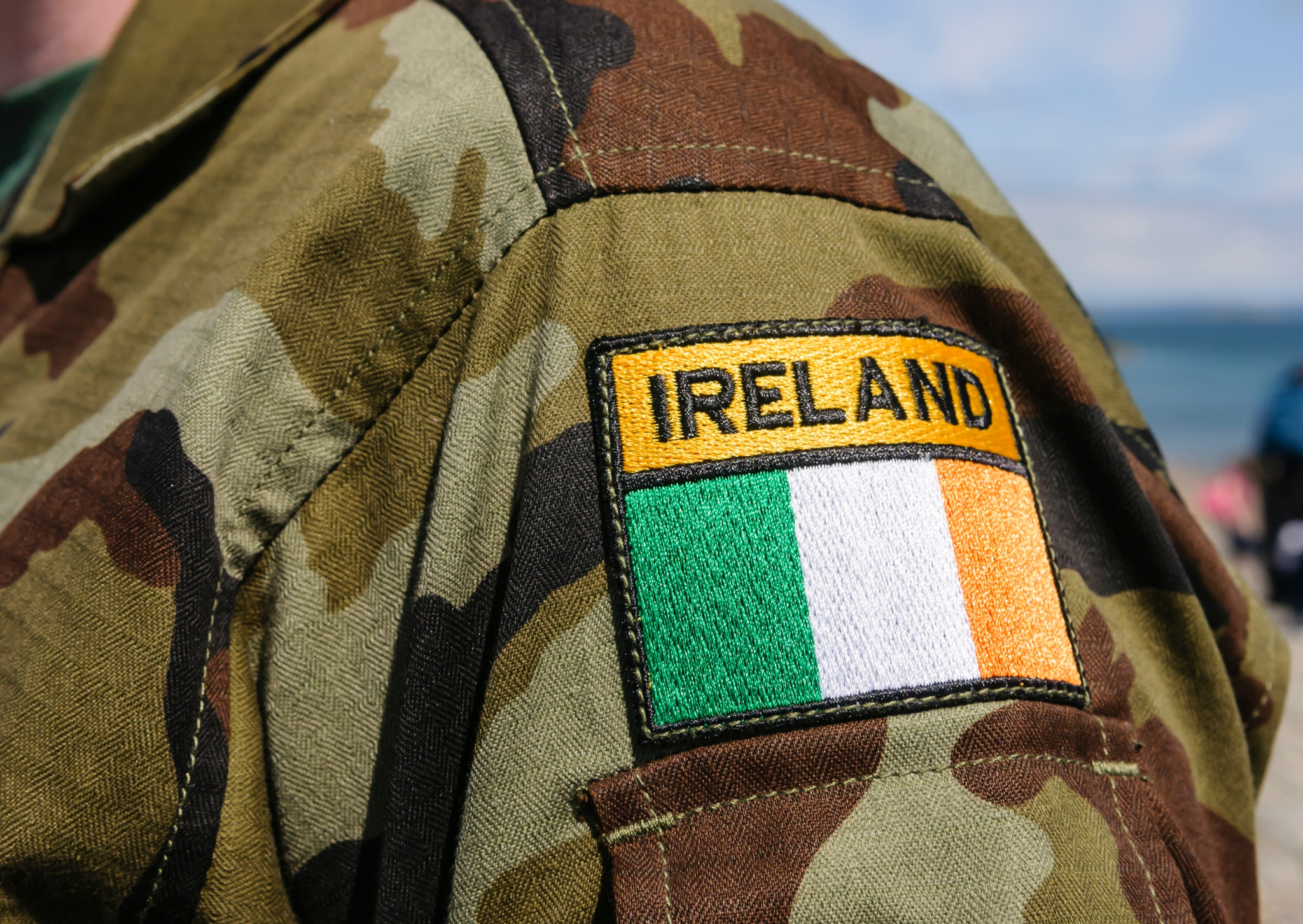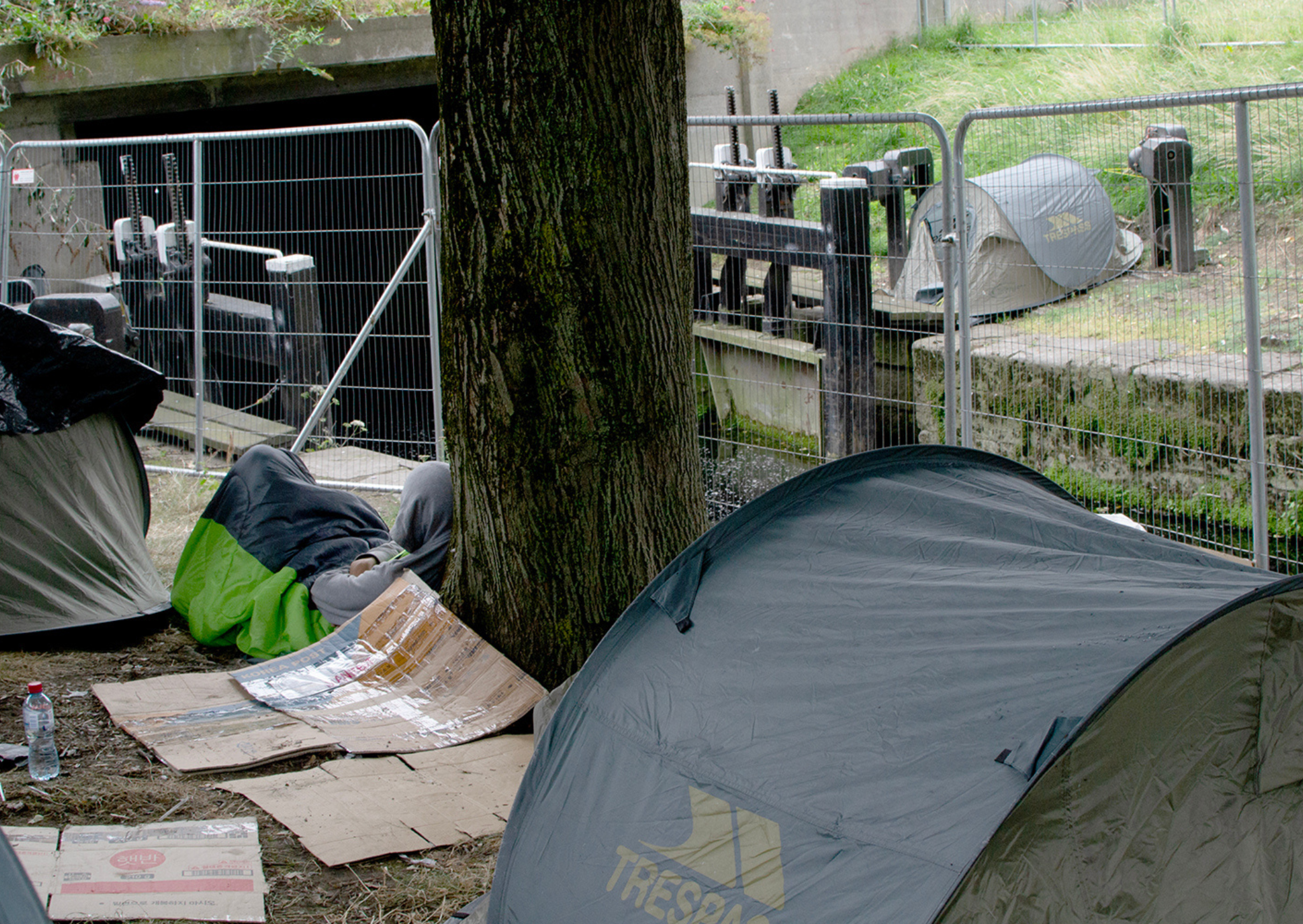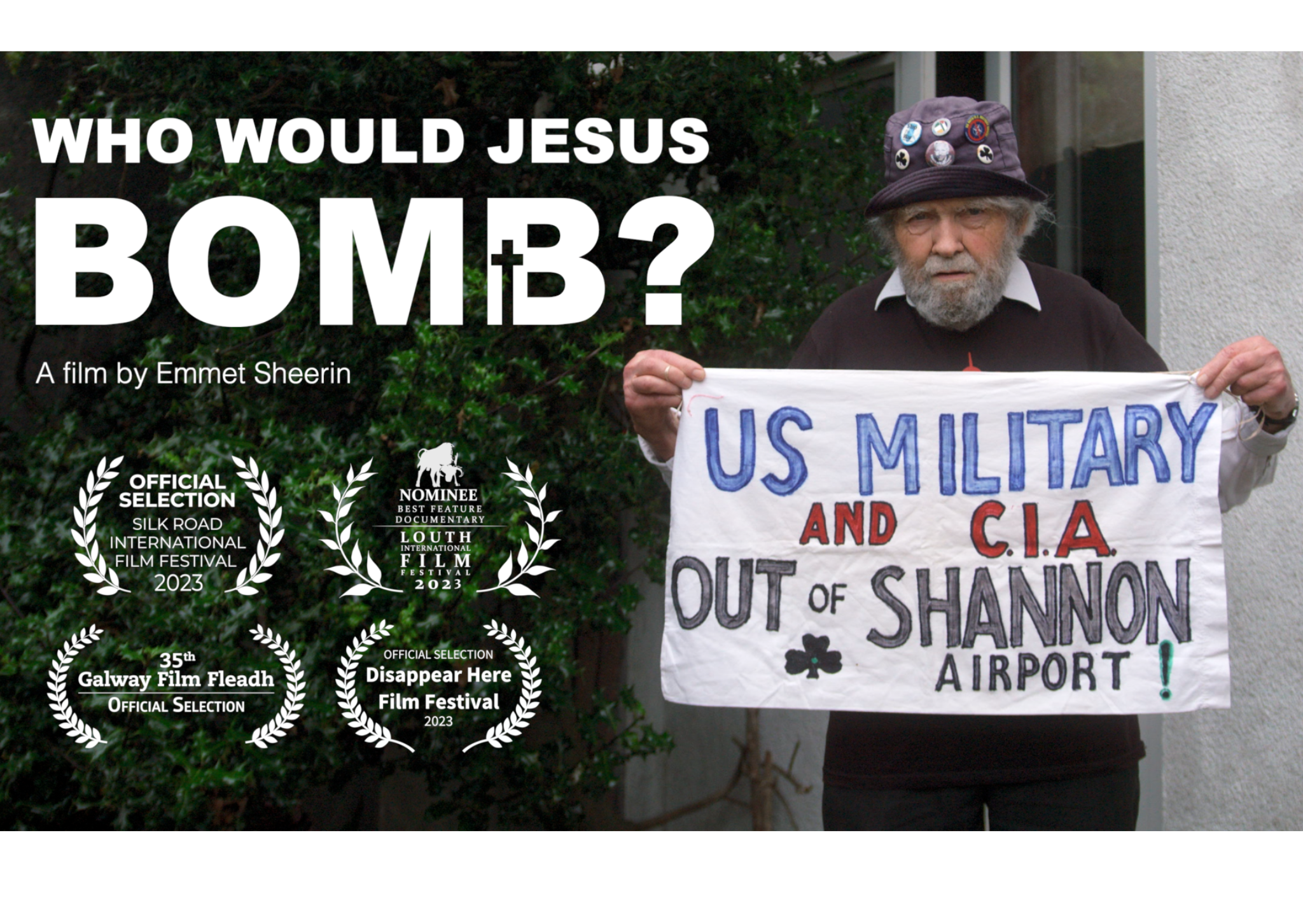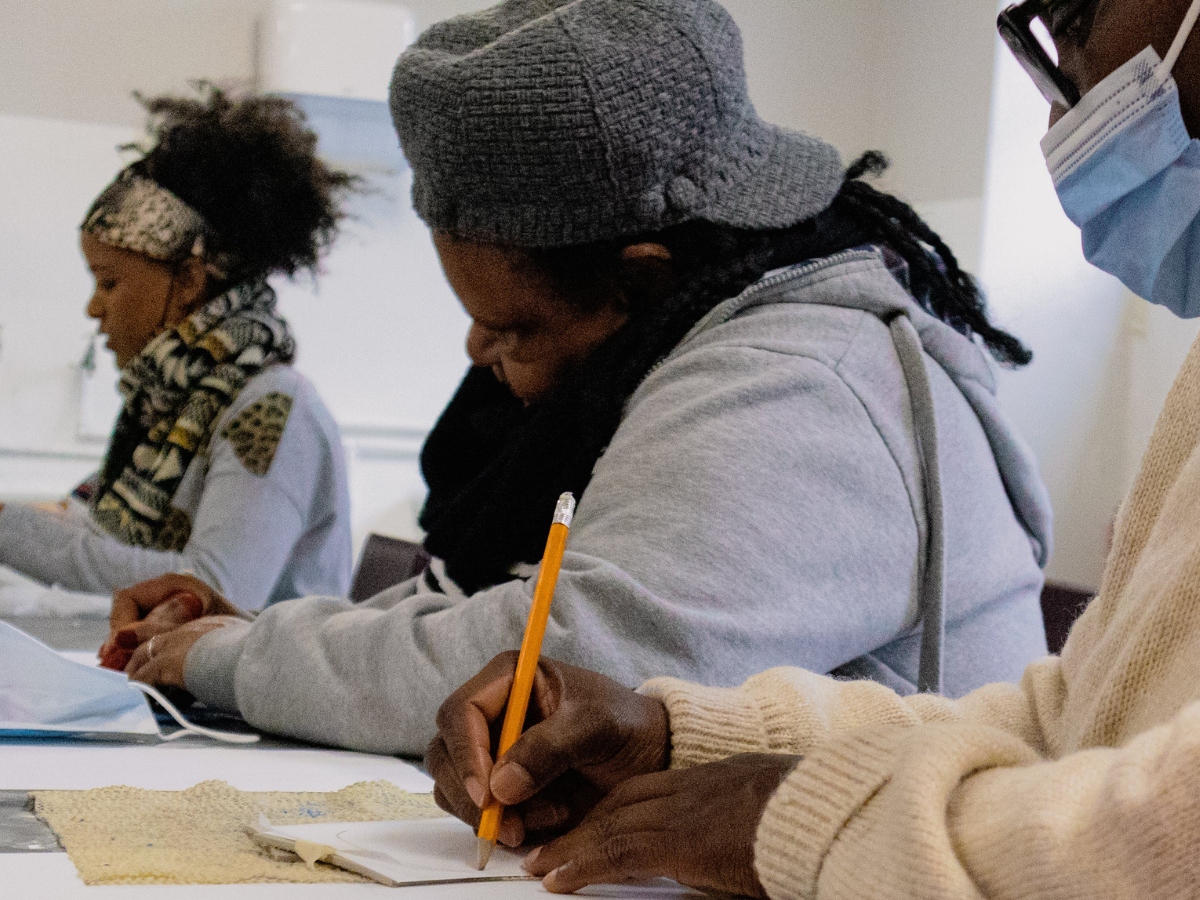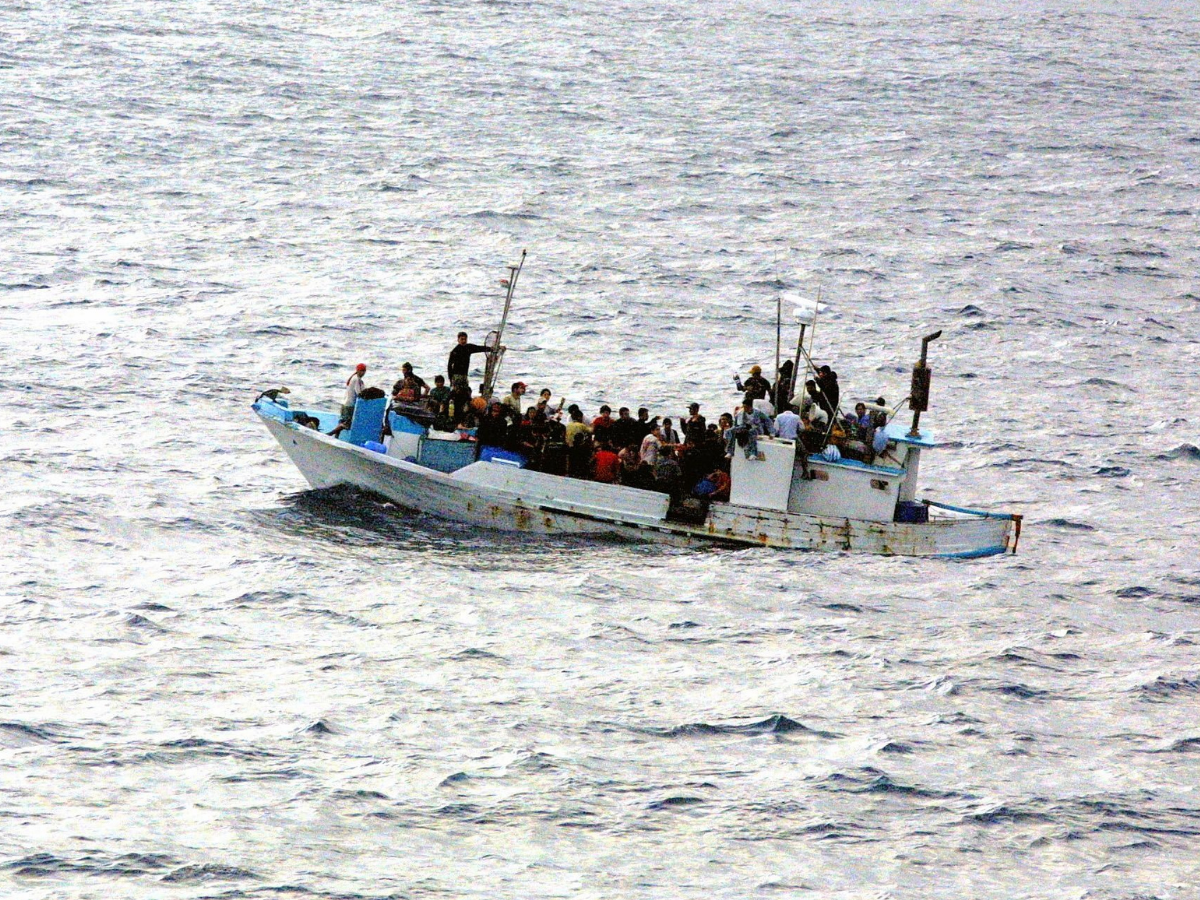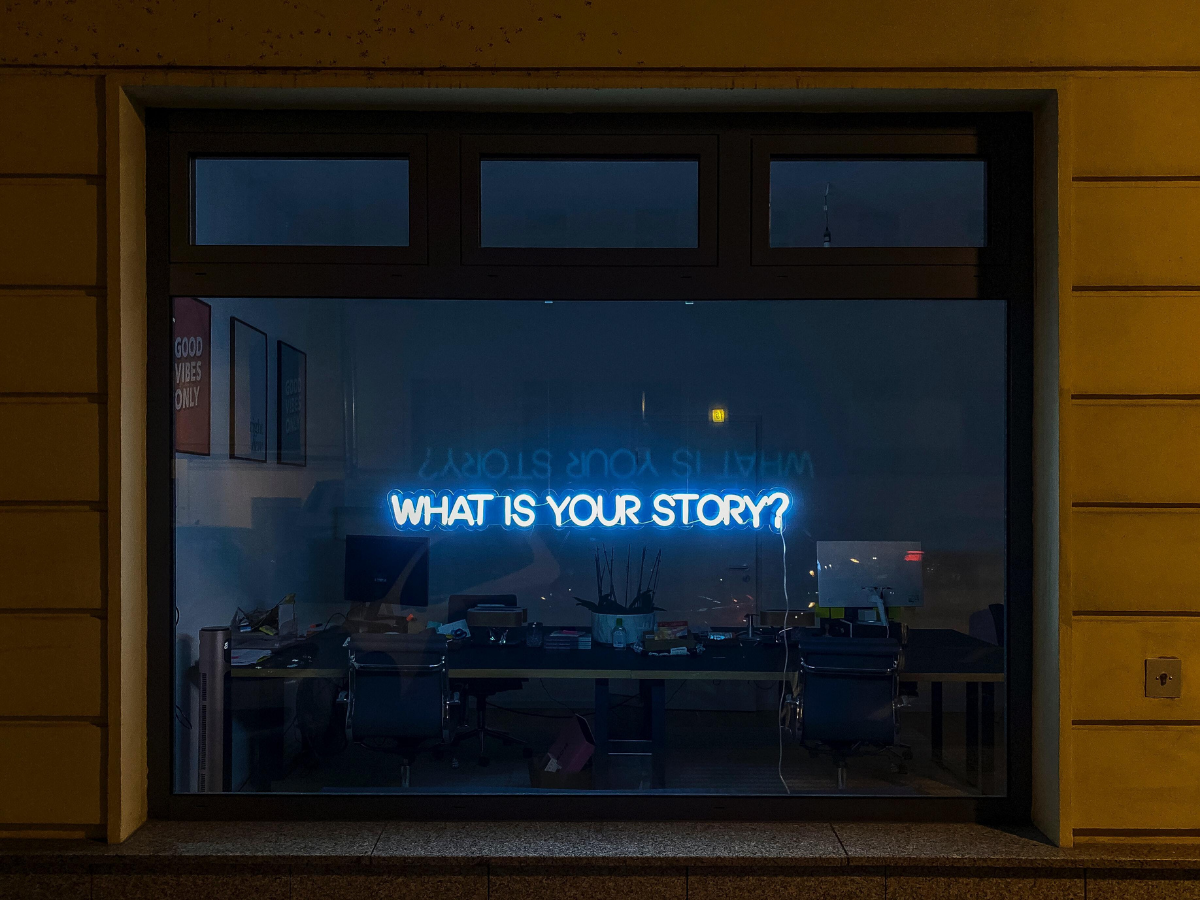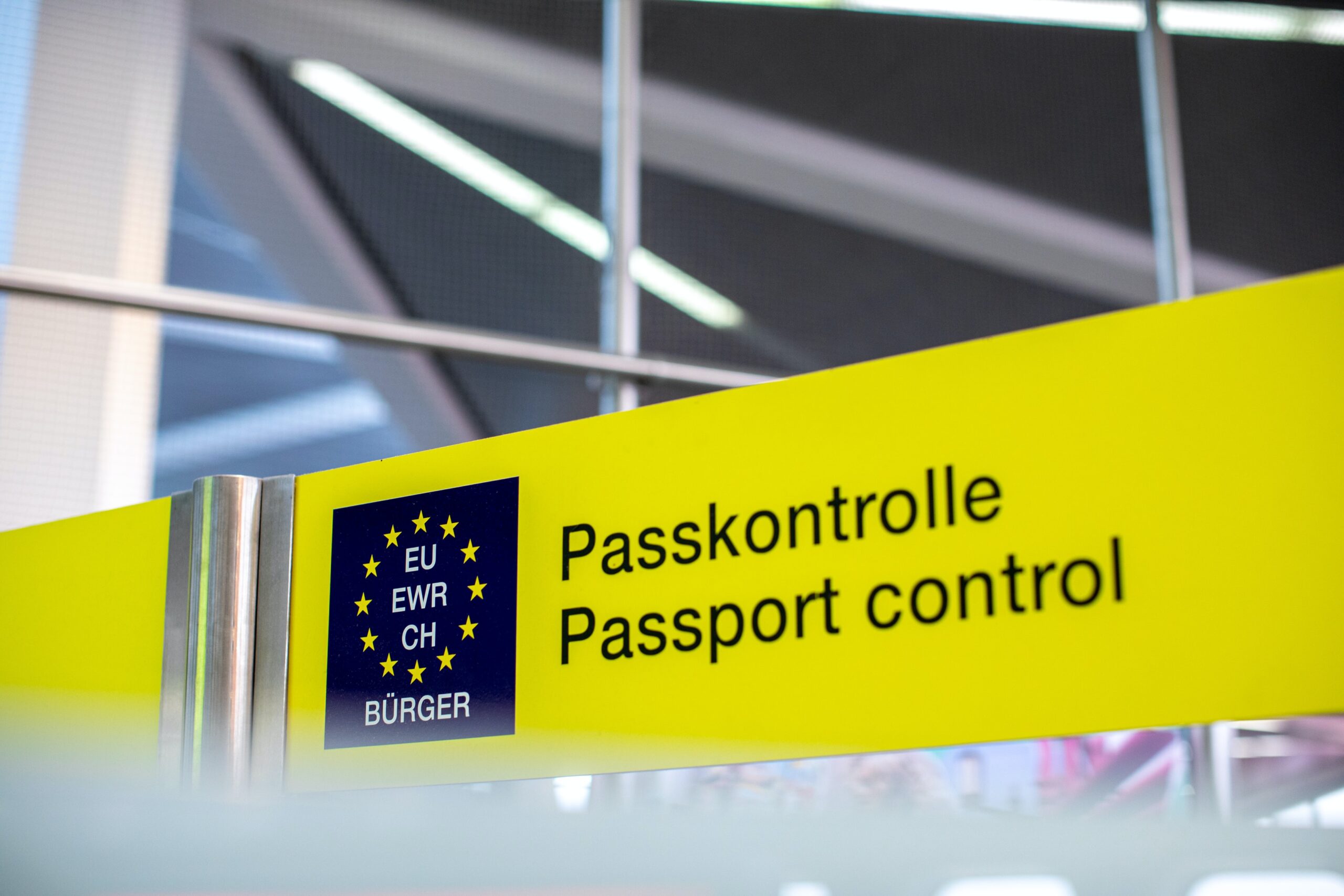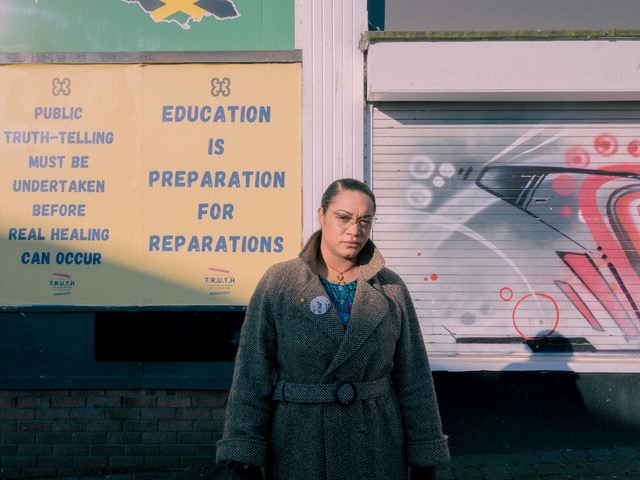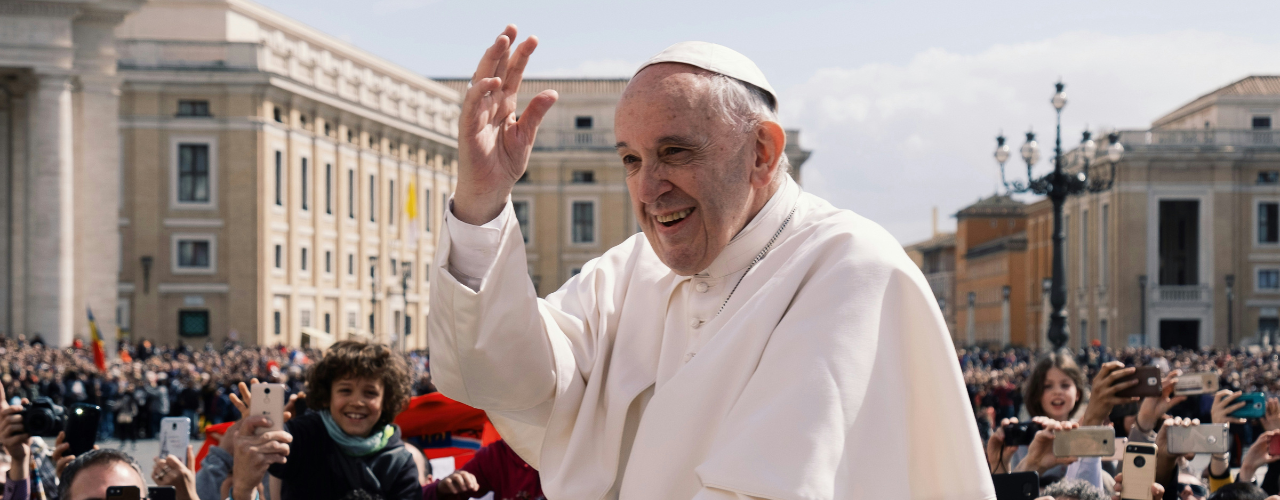
Pope Francis and his papacy: A turning point in Christian history?
Peadar Kirby Peadar Kirby is Professor Emeritus of International Politics and Public Policy, University of Limerick and Research Coordinator, Cloughjordan Ecovillage. His novel on the last of the Avignon popes, ‘Misean go Peñiscola’ won second prize in Comórtas Liteartha an Oireachtais 2024. The avalanche of tributes that followed the death of Pope Francis went far… Read more »


